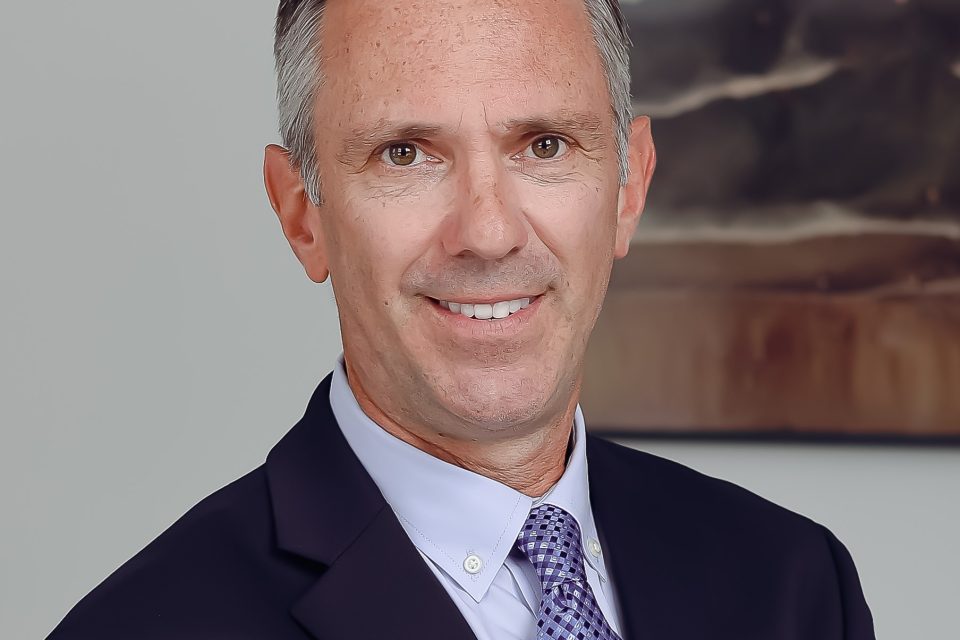A few weeks ago, I wrote about some specific differences between dentists and dental practice philosophies. However, what makes for an ideal doctor, dentist, nurse, physical therapist, or any other care-giver? Patients shared their views in a study which appeared in an issue of Mayo Clinic Proceedings. It’s based on nearly 200 patients treated at the Mayo Clinic in Arizona and Minnesota.
In phone interviews with people who had no professional ties with the Mayo Clinic, the patients described their best and worst experiences with their Mayo Clinic doctors, with confidentiality guaranteed. The doctors seen by the patients came from 14 medical specialties.
Here are the seven traits listed by the patients, along with the patients’ definitions of those traits:
- Confident: “The doctor’s confidence gives me confidence.”
- Empathetic: “The doctor tries to understand what I am feeling and experiencing, physically and emotionally, and communicates that understanding to me.”
- Humane: “The doctor is caring, compassionate, and kind.”
- Personal: “The doctor is interested in me more than just as a patient, interacts with me, and remembers me as an individual.”
- Forthright: “The doctor tells me what I need to know in plain language and in a forthright manner.”
- Respectful: “The doctor takes my input seriously and works with me.”
- Thorough: “The doctor is conscientious and persistent.”
That list isn’t in any particular order. The researchers didn’t check whether confidence was more important to patients than respectful treatment, for instance. The Mayo Foundation funded the study.
The traits covered doctor’s behavior, not technical know-how. That finding “does not suggest that technical skills are less important than personal skills, but it does suggest that the former are more difficult for patients to judge,” the researchers write. They add that patients may tend to assume that doctors are competent unless they see signs of incompetence, the researchers add.
One patient put it this way in the study: “We want doctors who can empathize and understand our needs as a whole person. We want to feel that our doctors have incredible knowledge in their field. But every doctor needs to know how to apply their knowledge with wisdom and relate to us as plain folks who are capable of understanding our disease and treatment.”
The opposite of those seven traits would be: timid, uncaring, misleading, cold, callous, disrespectful, and hurried. Can healthcare ever be high-quality if the patient-doctor interaction is any of these?
I recently spent a few days in one of Boston’s major hospitals. This was my first experience as a patient in a hospital. While I was nervous going in, but my experience was an A+ in all areas. I felt very cared for.
I hear many touching stories from patients who have had such positive experiences with doctors and nurses during tough medical situations. People who are cared for in this way receive much more than physical wellness.
Dr. St. Clair maintains a private dental practice in Rowley dedicated to health-centered family dentistry. He has a special interest in treating snoring, sleep apnea and TMJ problems. If there are certain topics you would like to see written about or questions you have please email them to him at jpstclair@stclairdmd.com




